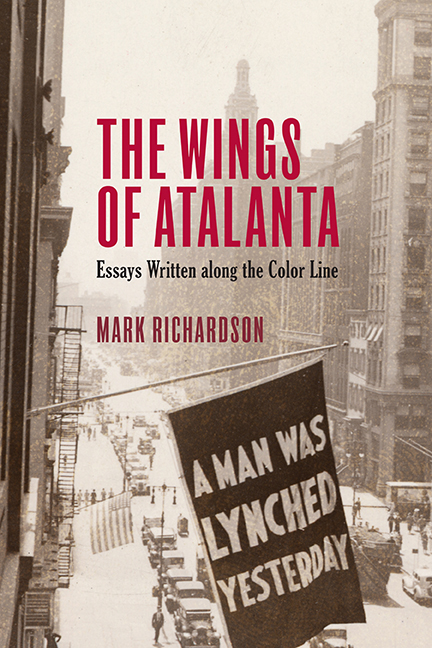Book contents
- Frontmatter
- Dedication
- Contents
- Acknowledgments
- Introduction
- 1 Frederick Douglass and the Philosophy of Slavery
- 2 W. E. B. Du Bois and the Redemption of the Body
- 3 The Mephistophelean Skepticism of Stephen Crane
- 4 Charles Chesnutt: Nowhere to Turn
- 5 Richard Wright: Exile as Native Son
- 6 Peasant Dreams: Reading On the Road
- Conclusion
- Notes
- Bibliography
- Index
- Frontmatter
- Dedication
- Contents
- Acknowledgments
- Introduction
- 1 Frederick Douglass and the Philosophy of Slavery
- 2 W. E. B. Du Bois and the Redemption of the Body
- 3 The Mephistophelean Skepticism of Stephen Crane
- 4 Charles Chesnutt: Nowhere to Turn
- 5 Richard Wright: Exile as Native Son
- 6 Peasant Dreams: Reading On the Road
- Conclusion
- Notes
- Bibliography
- Index
Summary
This book proceeds from two premises. The first I phrase with a nod to Marianne Moore: America is an imaginary place with real people living in it. Such splendid ideals, and yet so oft en such sordid realities. My second premise is that slavery and its legacies explain why America should remain so imaginary a place. Both premises assume that slavery and, after it fell, white supremacy generally, were—and to a marked degree remain— essential to American capitalism, which requires, insofar as it can be secured, cheap, unorganized labor. I concur with David Roediger's suggestion in Class, Race and Marxism (2017) that “the production of racial … differences is itself part of the logic of capital” (7). I take as granted W. E. B. Du Bois's observation in Black Reconstruction (1935): “It must be remembered and never forgotten that the civil war in the South which overthrew Reconstruction [1876–90] was a determined effort to reduce black labor as nearly as possible to a condition of unlimited exploitation and build a new class of capitalists on this foundation. The wage of the Negro worker, despite the war amendments, was to be reduced to the level of bare subsistence by taxation, peonage, caste, and every method of discrimination. This program had to be carried out in open defiance of the clear letter of the law”(670)—and therefore entailed an imposture that kept our national promise illusory. Or to put the matter in the cooler phrasing of social psychologists Michael W. Kraus, Julian M. Rucker, and Jennifer A. Richeson in their 2017 study: “Race-based economic inequality is both a defining and persistent feature of the United States that is at odds with national narratives regarding progress toward racial equality…. Americans, on average, systematically overestimate the extent to which society has progressed toward racial economic equality, driven largely by overestimates of current racial equality….[Our] findings suggest a profound misperception of and misplaced optimism regarding contemporary societal racial economic equality—a misperception that is likely to have important consequences for public policy” (my emphases). Most Americans, in a word, do not know the nation they inhabit.
- Type
- Chapter
- Information
- The Wings of AtalantaEssays Written along the Color Line, pp. 1 - 20Publisher: Boydell & BrewerPrint publication year: 2019

